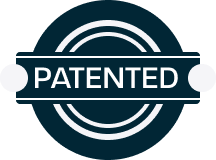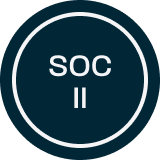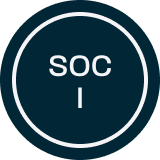Solutions
Research & Planning
XatBot AI Tax Assistant
NEW
The AI assistant for tax questions
Change Reports Tracker
Track worldwide tax law changes daily
Tax Research & Compliance
Cross-border tax analysis and data
Entity Tracker
Unify and empower your entity management
Withholding Tax Implementer
Provides compliance steps, forms & rates
Entity Designer
Visualize and manage your entity data
Compliance & Reporting
Due Date Tracker
Comprehensive compliance management
Audit Tracker
Audit and global tax controversy tracking
DAC6 & MDR Reporter
Manage reportable cross-border arrangements
CbC Compliance & Reporting
Country-by-country reporting & compliance
Global Minimum Tax
Pillar 2 planning, reporting and compliance
International Tax Calculator
Calculate US tax impact of foreign operations
Productivity & Collaboration
Executable Actions Tool (E.A.T.)
Automated workflows for recurring tax tasks
Orbitax Connect
Secure API connections to 3rd-party systems
Orbitax Drive
Secure storage for your tax documentation
Xatbot Co-Pilot
The AI assistant for tax questions
Orbitax Workspaces
Collaborate securely on your tax data






